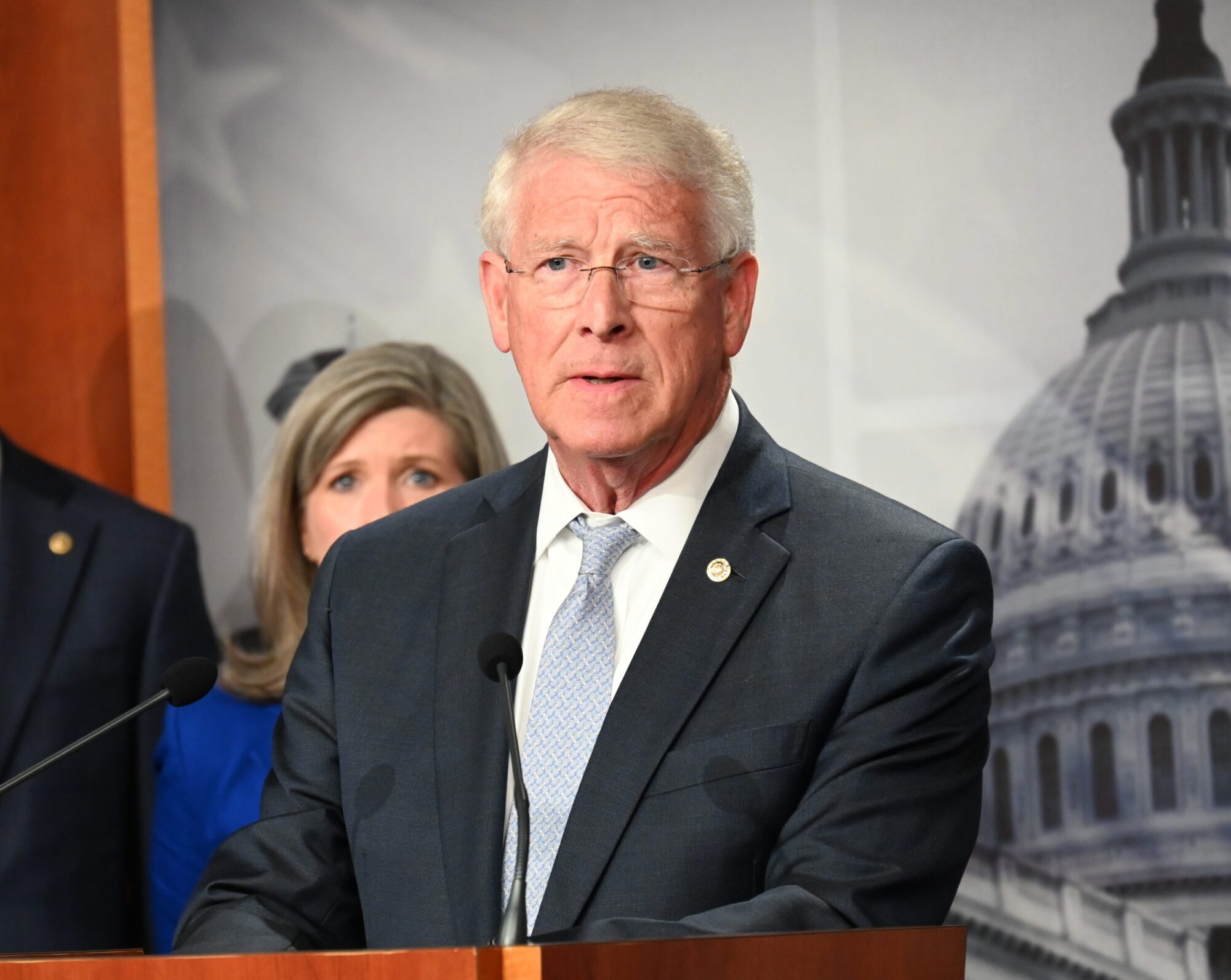
Studio portrait of Sid Salter. (photo by Beth Wynn / © Mississippi State University)
By: Sid Salter
The latest skirmish in the nation’s highly partisan, often logically erratic fight over the broad topic of immigration is being fought over the Biden Administration’s plan to rescind an obscure public health law written 78 years ago to stop the spread of communicable diseases like tuberculosis.
Title 42, part of the 1944 Public Health Service Act, was never intended to be the cornerstone of major immigration enforcement in the country. The law gave the federal government the emergency power to stop “the introduction of communicable diseases” by migrants entering the U.S. – and to expel migrants without regard to their attempts to legally seek asylum as a public health necessity.
In 2020, the Trump Administration dusted off Title 42 to help the Centers for Disease Control and Prevention and other agencies to deal with the COVID-19 pandemic as cases soared. But it soon became evident that COVID-19 was not the only concern driving the use of Title 42. The old federal code has been used now some 1.7 million times to keep migrants from entering the U.S.
Both the Trump and Biden administrations used Title 42 as little more than border control measures. While Trump supporters expected nothing less from the guy who pledged to “build the wall” on the southern border, Biden soon came under fire from his supporters for failing to drop Title 42 enforcement by Customs and Border Protection.
The flap is already an issue in the coming midterm elections and has weakened an already shaky Biden push for a second term. Mississippi’s Republican U.S. Sens. Roger Wicker and Cindy Hyde-Smith are both warning of dire consequences and a surge of undocumented immigrants if Title 42 is lifted.
Hyde-Smith warned that “one million illegal immigrants would cross the border in the first six weeks.” A federal judge in Louisiana entered the fray with a temporary restraining order to enjoin the government from giving migrants from the Northern Triangle nations of Honduras, El Salvador, and Guatemala early or special relief from Title 42.
Beyond the partisan politics, there are fundamental questions whether the Biden administration and the affected border states are prepared to lift the restriction. But getting beyond the partisan politics has been elusive for the last 40 years in this country.
Politically, illegal immigration and immigration issues are vastly overstated issues in Mississippi. Neither demographics nor fiscal reality supports the political alarm present. Globally, nations are looking to change immigration quotas, caps, and visa regulations to solve supply chain and worker shortage challenges.
The American Immigration Council identifies 70,860 immigrants in Mississippi (two percent of the state’s total population) as of 2020, with 38 percent naturalized American citizens and 35 percent undocumented or otherwise illegal representing one percent of the state’s population. Countries of origin include Mexico (23%), Guatemala (10%), India (8%), the Philippines (4%), and Vietnam (4%).
The AIC documents that as about three percent of the state’s labor force, immigrant workers generate about $1.5 billion in spending power and pay $550.6 million in federal, state, and local taxes. The opposing Federation for American Immigration Reform (FAIR) counters that illegal immigration is by far a net fiscal drain on Mississippi taxpayers.
At a time when employers are incentivizing job vacancies with unprecedented bonuses and interruptions in the supply chain confound economic recovery, immigrants comprise about 3% of the state’s workforce.
Is Mississippi being swamped by undocumented immigrants “stealing our jobs?” In a word, no. Only 1.6% of Mississippi’s population is comprised of undocumented immigrants – around 20,000 people among three million.
Immigration has always been a complex problem that will require a complex, nuanced solution. Jingoism, nationalist rhetoric, and overt bigotry will not solve the challenges. And the problem is not going away no matter who controls in the White House.











